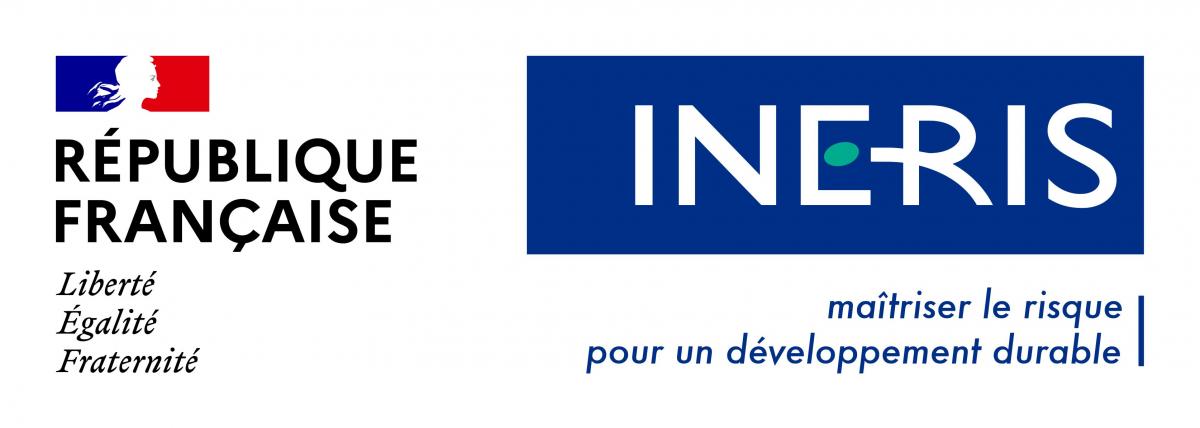Perfluorooctane Sulfonate Toxicokinetics at Different Temperatures Using a Rainbow Trout Physiologically-Based Toxicokinetic Model
Résumé
This study is part of a project aiming to improve our understanding of the toxicokinetics of perfluoro-alkyl substances (- PFOS, perfluorohexane sulfonate and perfluorononanoate - PFNA) in fish, using the rainbow trout (Onchorynchus mykiss) as model species. The project involves a combination of dietary exposure experiments and physiologically-based toxicokinetic (PBTK) modelling. We developed first a 10-compartment PBTK model to elucidate PFOS kinetics in adult rainbow trout. This PBTK model included various physiological characteristics: blood perfusion to each organ, plasmatic fraction, PFOS free fraction, and growth of individuals. The parameters were optimized using Bayesian inference. This development was based on an experimental dataset, where fish were first fed daily with spiked food, and allowed to depurate for an equivalent duration [1]. We evaluated the relative importance of different absorption as well as elimination routes, and the role of the entero-hepatic cycle. This model was then used to explore the effects of temperature on PFOS toxicokinetics. The modulation of physiological processes induced by temperature was introduced into the model structure thanks to Arrhenius law. These processes included food absorption, ventilation rate, growth, cardiac output, urinary, biliary and fecal clearances, and relative blood flow distribution to organs. We hypothesized that temperature could also affect PFOS tissue:plasma or tissue:blood partition coefficients. Simulations were performed for water temperatures of 7°C, 11 °C, 15 °C and 19°C and compared to experimental data [1, 2]. The simulation having the lowest Root Mean Squared Error was obtained when all physiological processes were modulated according to temperature. Overall, the model outcomes suggest that PFOS toxicokinetics was more affected by temperature induced changes in partition coefficients than in fish physiology. A sensitivity analysis is ongoing in order to confirm and refine this result.
